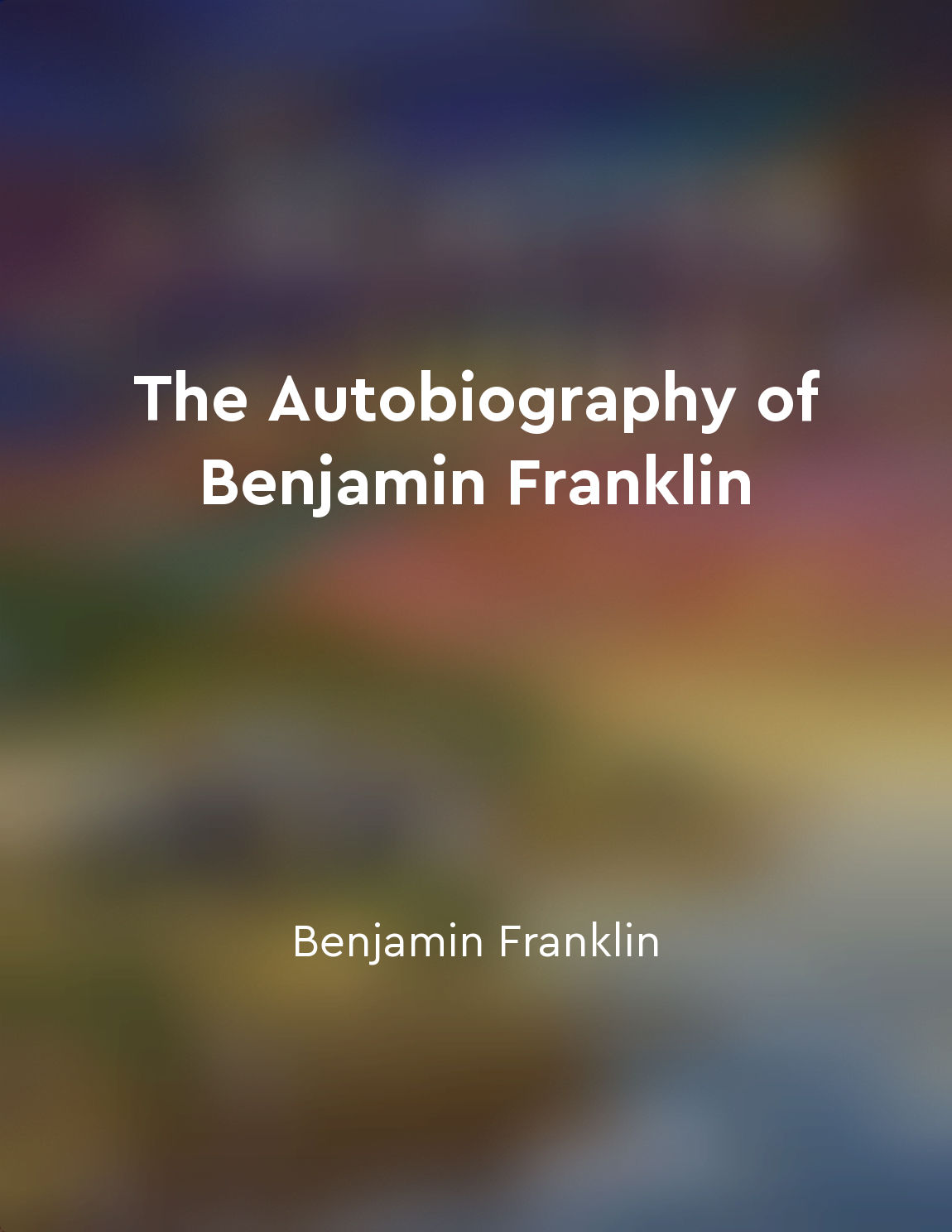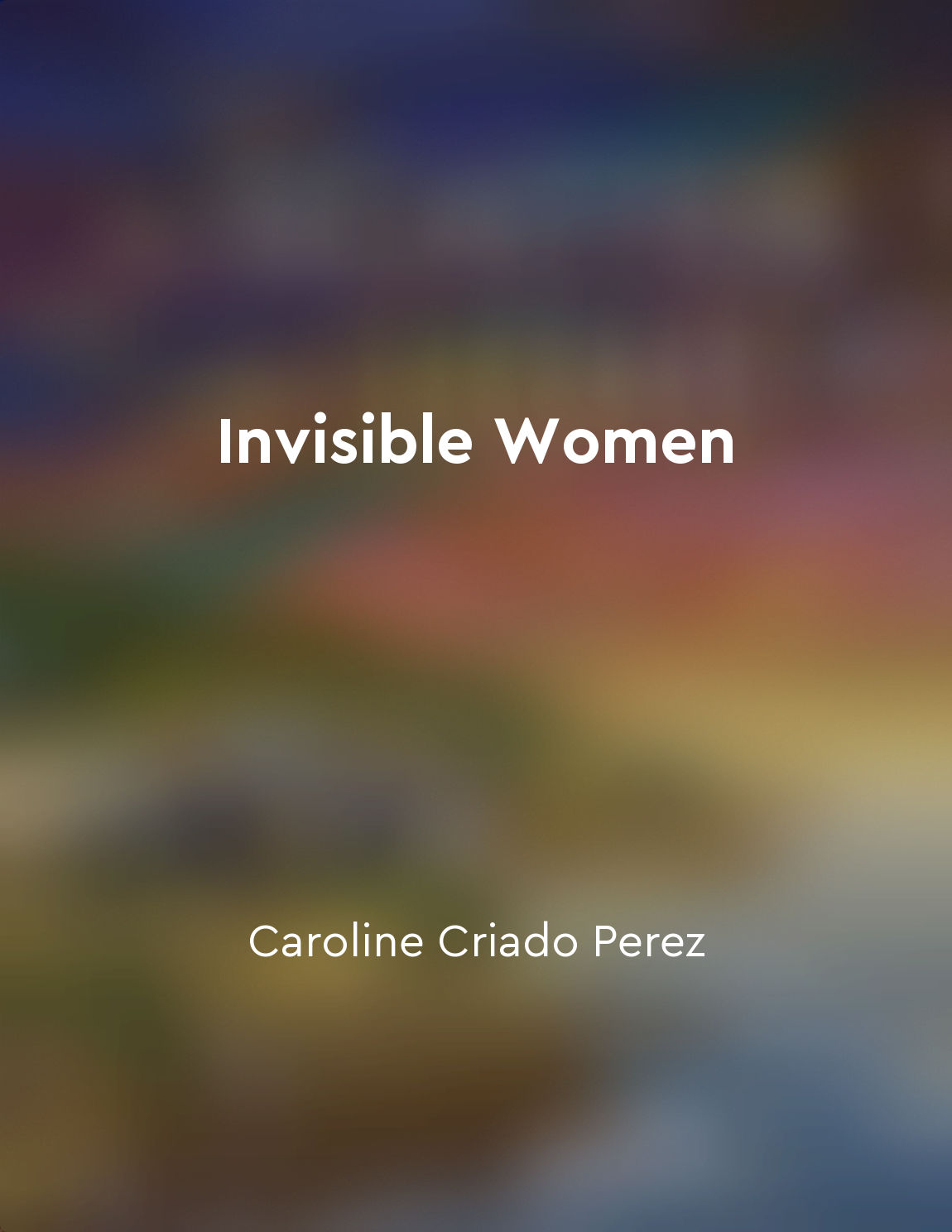The Declaration of Independence ignored the rights of marginalized groups from "summary" of A People's History of the United States by Howard Zinn
The Declaration of Independence, a revered document in American history, has often been hailed for its lofty ideals and principles. However, a closer examination reveals that it failed to address the rights of marginalized groups in society. The Declaration's assertion that "all men are created equal" did not apply to enslaved African Americans, Native Americans, women, and poor white men who did not own property. These marginalized groups were systematically excluded from the rights and freedoms promised in the Declaration. Enslaved African Americans were considered property, not people, and were denied basic human rights such as liberty and equality. Native Americans were viewed as obstacles to be removed in the relentless pursuit of westward expansion, their land seized without consent or compensation. Women were also marginalized by the Declaration's omission of their rights. They were denied the right to vote, own property, or participate in political life. The Declaration reinforced patriarchal norms that relegated women to subordinate roles in society, denying them the agency and autonomy that men enjoyed. Poor white men who did not own property were also overlooked by the Declaration. While it championed the rights of property-owning white men, it ignored the struggles of those who were economically disadvantaged. These men lacked political power and influence, further marginalizing them in a society that prioritized wealth and property. In failing to address the rights of these marginalized groups, the Declaration of Independence revealed the limitations of its ideals. It laid bare the contradictions between the rhetoric of freedom and equality and the reality of oppression and discrimination faced by African Americans, Native Americans, women, and poor white men. The document's silence on these issues underscored the deeply ingrained inequalities that pervaded American society from its inception.Similar Posts
Confronting uncomfortable truths leads to growth
When we are confronted with uncomfortable truths, it can be challenging. It can make us feel uneasy, upset, or even defensive. ...

I practiced the art of diplomacy in my interactions
In my various interactions, I found it necessary to navigate through delicate situations and conflicting opinions with tact and...
Independence is a fundamental human right
Independence is not a gift, but a natural right that every person is entitled to. It is a fundamental aspect of human existence...

Gender data bias affects women's access to resources
Gender data bias is a pervasive issue that has far-reaching consequences for women, particularly when it comes to access to res...
Woman's identity is constructed by society
Society plays a vital role in shaping the identity of women. From the moment she is born, a woman is surrounded by a world that...
Women deserve equal education to men
It is evident that the education of women has been neglected and undermined for far too long. Society has perpetuated the belie...
Capitalism necessitated the exploitation of enslaved labor
Eric Eustace Williams, in his influential work "Capitalism & Slavery," presents a compelling argument that capitalism, as an ec...

